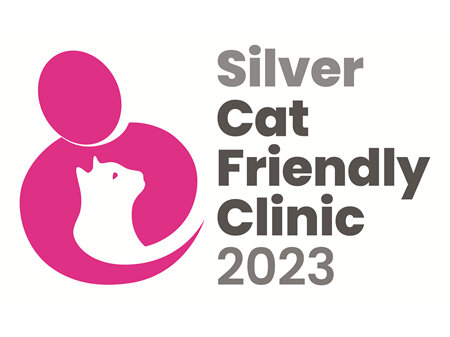Franklin Vets
Franklin Vets - excellence in veterinary care for dairy, farming, lifestyle, equine and household pets. BESTPRACTICE ACCREDITED NZ.
Your account is powered by Storbie. To edit your profile visit my.storbie.com
Your account is powered by Storbie. To edit your profile visit my.storbie.com
Fleur is an 18-month-old poodle who came to our Pukekohe clinic last year off colour, vomiting and straining to pass urine and faeces. The attending vet felt a hard painful mass in the lower abdomen. X-ray and ultrasound examination identified an irregular mass next to the bladder, possibly attached to it, so Fleur was prepped for surgery.
The mass was found to be on the stump of the cervix, which is left in place after spey surgery. The mass was stuck on the bladder wall and had both of the ureters running through it. Ureters are tiny tubes taking urine from the kidneys to the bladder. Note the word “tiny”. They are also very delicate and don’t appreciate being messed with at all.
Fleur’s surgery involved gently detaching the mass from the bladder wall, then oh-so-gently dissecting the ureters out of the mass of fibrous tissue and checking they were not damaged (definitely an occasion for the magnifying headset), and finally removing the whole mass together with a bit more of the cervical tissue.
Laboratory examination of the removal tissue showed it to be an area of chronic (by which we mean long-term) inflammation, caused by an infection. A long-standing inflammatory lesion is called a granuloma.
Fleur was speyed a year before this event. The sutures used all dissolved 9 months ago. Infection is a risk of any surgery (affecting around 2-6% of patients), and also areas of chronic inflammation are at risk of developing infection months or years later. This case was so long after the original surgery that it is difficult to see the infection having been acquired then, so probably it developed later from another source.
This goes to show that even the most commonly performed procedures like desexing still have an element of risk about them and that even with the best attention to detail complications can still develop, but with care most of these are treatable.
Fleur made a full recovery and went back to normal life.
Final comment: Some people ask why not just give them all antibiotics and prevent infection. That is a huge subject, which we can tackle another time, but for now, I’ll just say that studies have proven that using antibiotics on routine desexing can increase the rate of post-surgical infection, and is very clearly not recommended. Next article perhaps.
Paul Eason BVM&S MANZCVS (Surgery; Emergency and Critical Care Medicine)
Franklin Vets - excellence in veterinary care for dairy, farming, lifestyle, equine and household pets. BESTPRACTICE ACCREDITED NZ.



